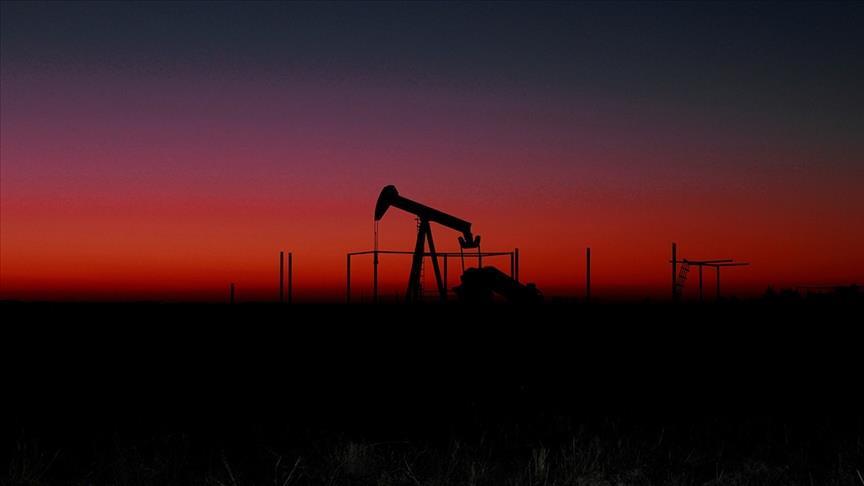Oil prices continued to increase on Friday with growing fears that Israel would target Iranian oil facilities in retaliation for Iran’s recent missile attack.
International benchmark Brent crude rose by 0.53% to $78.03 per barrel at 10.25 a.m. local time (0725 GMT), up from the previous session’s close of $77.62.
US benchmark West Texas Intermediate (WTI) increased by 0.52% to $74.09 per barrel after closing at $73.71 in the prior session.
Oil markets are pricing in a geopolitical risk premium as tensions in the Middle East escalate.
US President Joe Biden said on Thursday that the US and Israel are discussing potential strikes on Iranian oil facilities after Tehran launched nearly 200 ballistic missiles at Israel.
Prices rallied around 5% following the news, which increased the likelihood of supply disruptions in the Middle East, home to the vast majority of oil reserves.
Iran has vowed that its response will escalate if Israel retaliates for Tuesday’s attack, which it said was in response to Israel’s killing of Hezbollah Secretary-General Hassan Nasrallah, former Hamas political leader Ismail Haniyeh and Islamic Revolutionary Guards Corps commander Abbas Nilforoshan.
The extensive Israeli airstrikes on Lebanon continue amid border clashes between the Israeli army and Hezbollah. Further escalation is expected as the Israeli army announced ‘limited, localized’ ground raids in southern Lebanon.
On Thursday, the Israeli army ordered the residents of 25 towns in southern Lebanon to evacuate their homes and head north of the Litani River.
Meanwhile, the Houthi group in Yemen released a video on the platform X on Thursday evening showing a British oil tanker being targeted in the Red Sea, west of Yemen, with a thick black cloud of smoke spreading across the sky.
The Houthis have been targeting cargo ships linked to Israel in the Red Sea and Gulf of Aden in solidarity with the Gaza Strip, which has been under an Israeli onslaught since Oct. 7 last year.
However, signs of ample supplies limited further upward price movements. Libya resumed oil production after an internal political standoff eased.
The Libyan House of Representatives had declared a force majeure last month to halt oil production and exports due to disagreements on the country’s central bank. The UN Support Mission in Libya (UNSMIL) announced that the House and the High Council of State agreed and appointed a president and a deputy president to the central bank.

